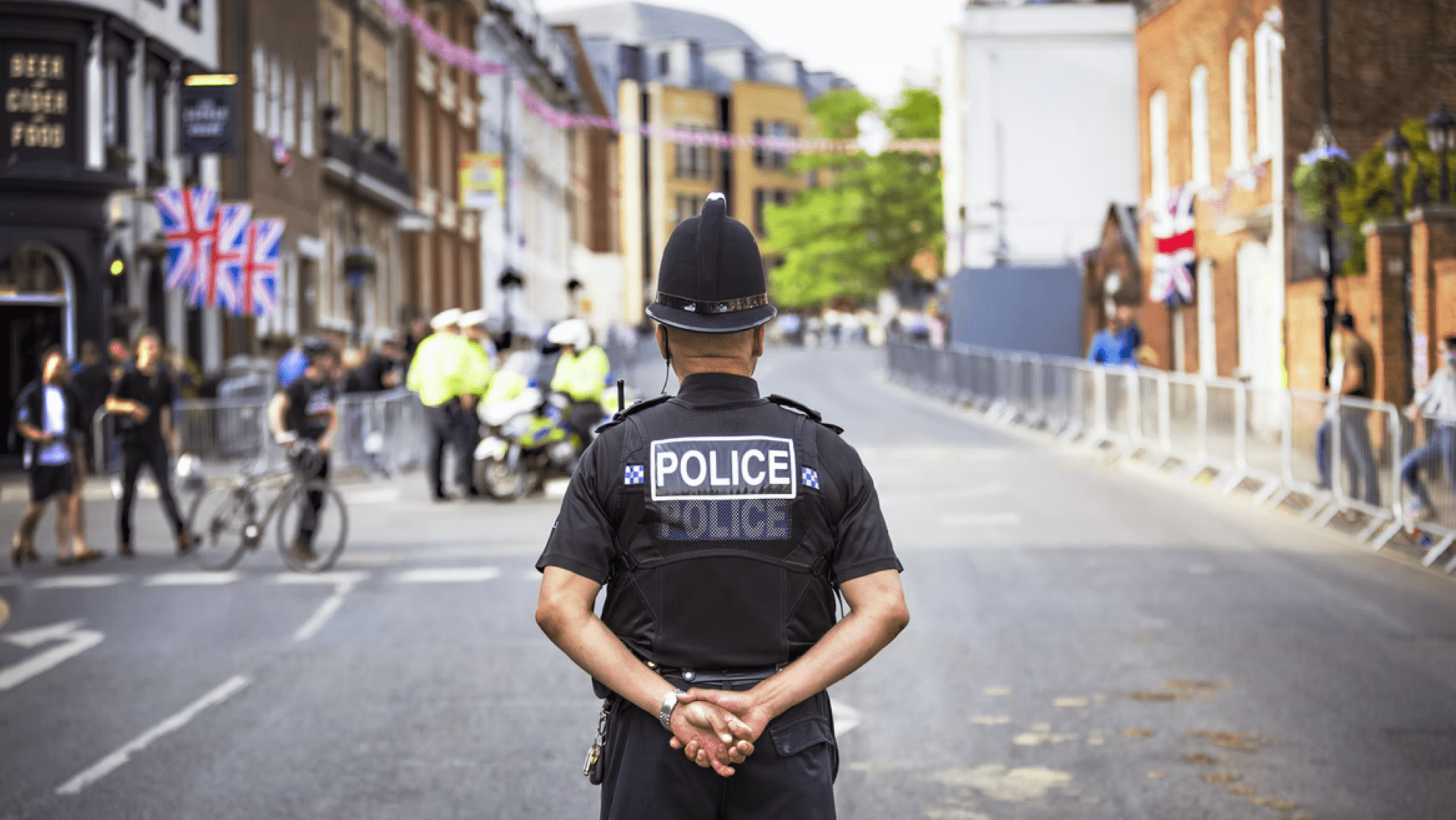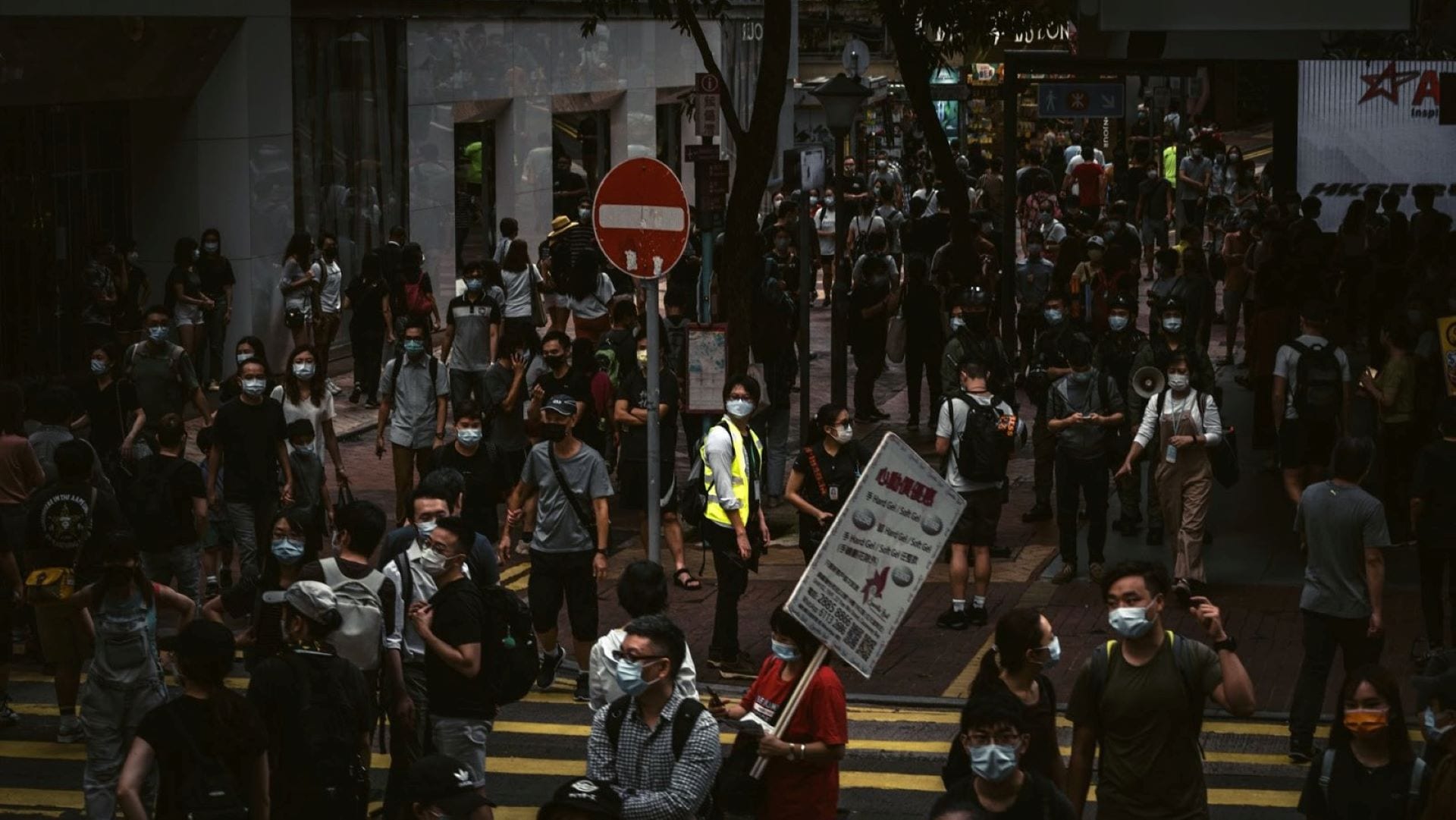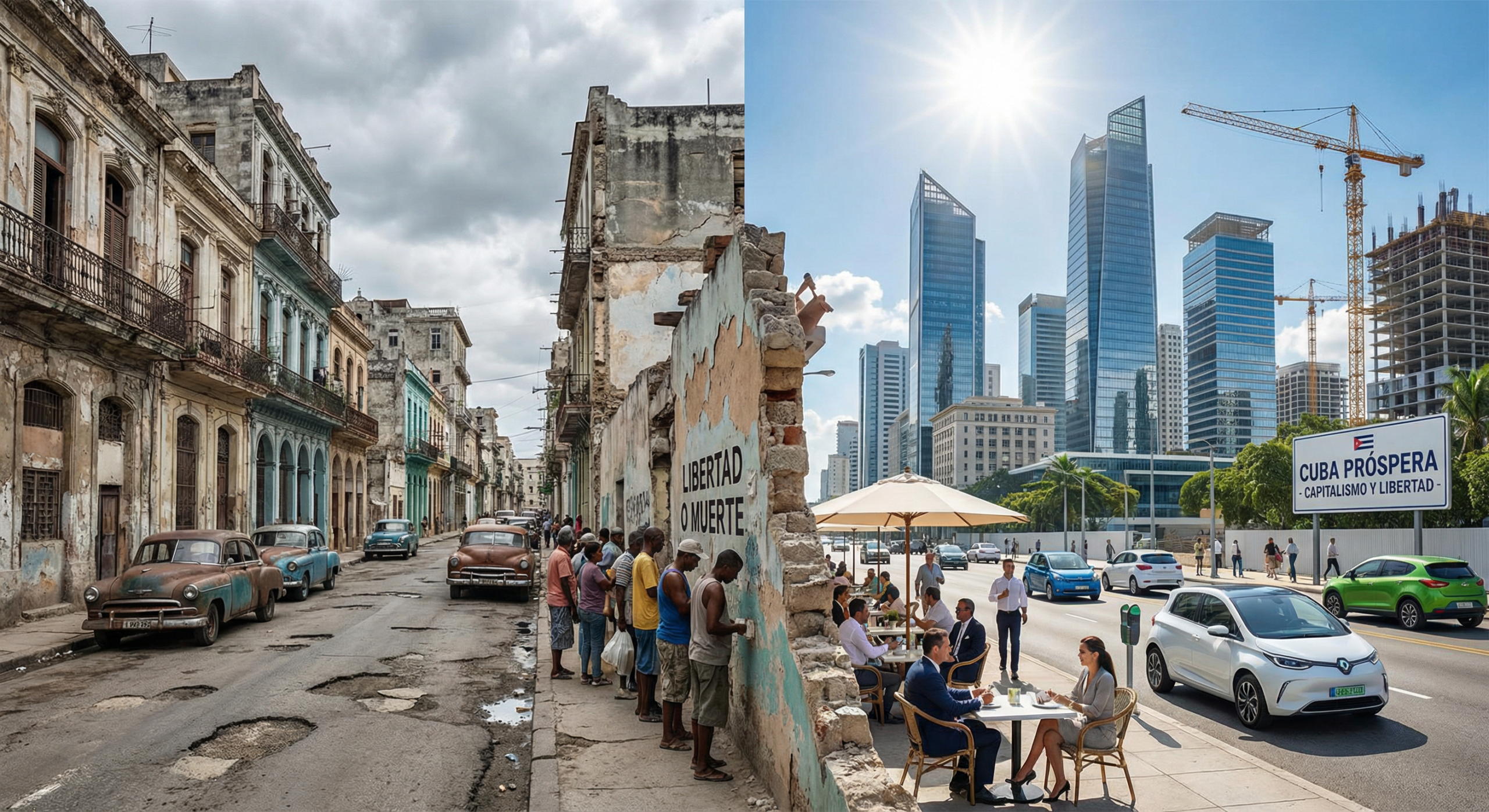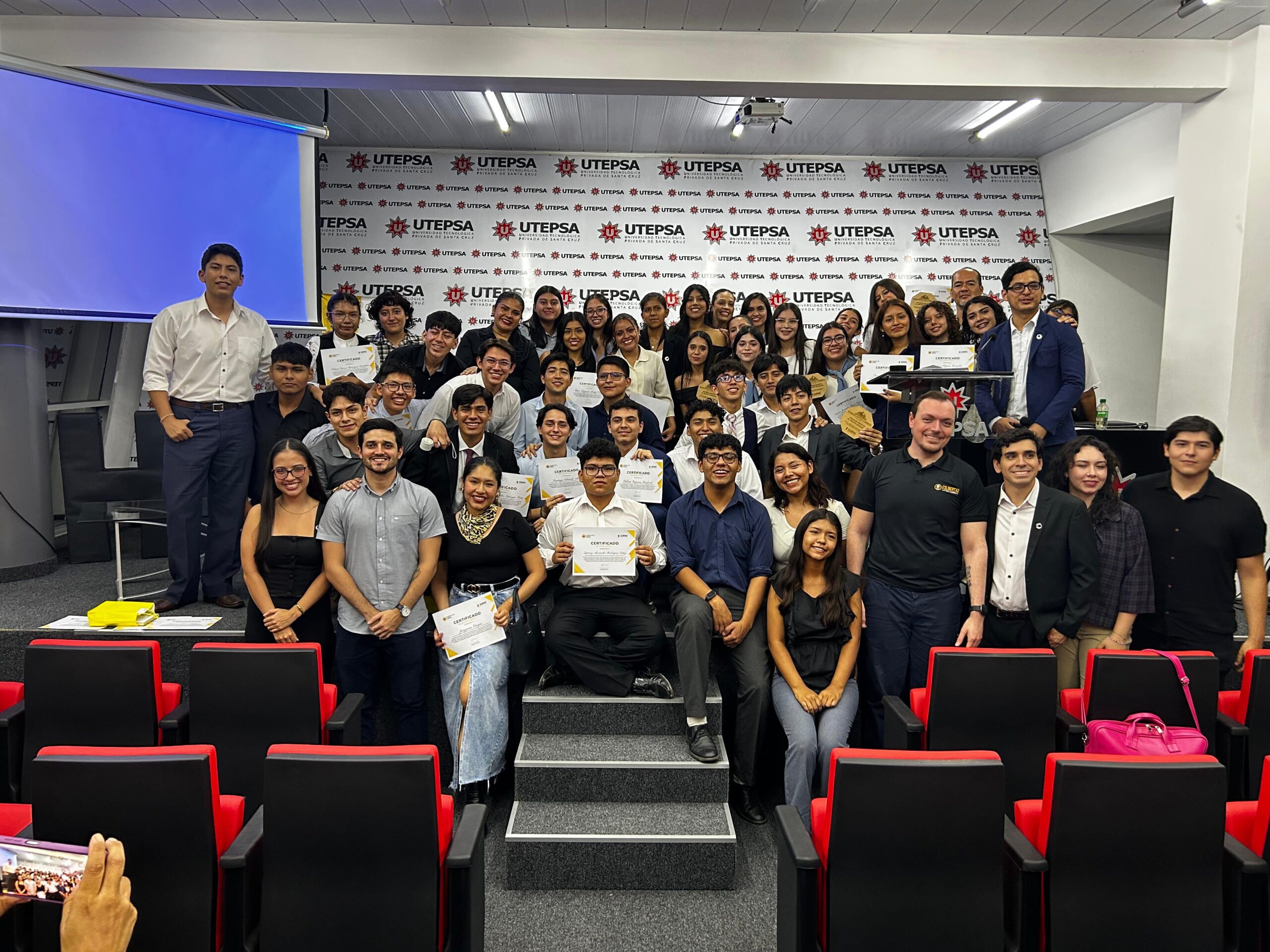Crimes and scandals involving police violence are something we see reported frequently in the Americas, but it looks like it’s a problem in many countries. The U.K. recently had a horrific incident of its own…
On March 3, 2021, Wayne Couzens raped and murdered Sarah Everard after he falsely arrested her as an acting police officer under the pretense of having breached COVID-19 regulations.
The Metropolitan Police, which is responsible for policing London, has gone to great lengths to distance itself from Couzens since news broke, but the power he held as a police officer that enabled his violence is unavoidable.
As the details of the case unfolded in the courtroom and quickly leaked out to the public, one question was on every woman’s lips: “What can I do if I’m in that situation?”
The authorities don’t try and fix problems, they deflect responsibility
Women of London quickly took this question to the Met, which offered a series of laughable, weak, and inappropriate responses.
One proposed solution was to ask officers to verify their identity, when Couzens had already shown a warrant card and used handcuffs as he kidnapped Sarah Everard.
Another was to run away, an incredibly stupid piece of advice given that in the vast majority of normal police interactions resisting arrest can lead to legitimate retaliation and prosecution.
Finally, the most bizarre piece of advice was to…flag down a bus. Yes, if a police officer is going to commit heinous acts against you, just hope a bus is nearby and raring to go…
This dismissive attitude from the state is nothing new. It is reminiscent of how, in 2016, in response to the mass sex attacks at the New Year’s celebrations, the mayor of Cologne, Henriette Reker, told women to simply “keep men at an arm’s length”. No real substance, no real reassurance of institutional reform, just passing the buck to the supposedly hapless citizenry.
While it is easy to dismiss the ridiculousness of the response, it serves as a reminder to us that there is no answer to what happens when people abuse the power of the state’s monopoly on violence.
Violence and abuse is a common problem among law enforcement
Many might seek to dismiss the case of Sarah Everard as a one-off event, unlikely to be a problem again. Unfortunately, this is not the case. Taking a deeper look at the various justice systems in the West, we find some very disturbing statistics.
In the United States, 60% of all sexual violence against inmates is perpetrated by the institution’s staff in jail or prison. Research suggests that family violence is two to four times higher in the law-enforcement community than in the general population. In the United Kingdom, data showed that police employees accused of domestic abuse are a third less likely to be convicted than are the general public.
Figures like these would be damning regardless of the profession they were coming from, but what makes them especially alarming is that the police hold themselves up as defenders of the most vulnerable, the last line of defence against rape, murder, and domestic violence.
Indeed, as many began to call for the police to be abolished or defunded in the wake of the George Floyd case in the United States, the typical response was, “Who are you going to call to protect you?” In particular, violence against women was frequently invoked. That question is much less of a silver bullet in light of the statistics above.
Instead, cases like these should serve as a reminder to the liberty community of what we already know: no matter the good intentions, the state cannot solve these problems. Indeed, as it so often does, the state seems to have worsened the problem it set out to solve.
The solution is to not trust the state, nor those who perpetrate violence in its name. The solution is to reject the idea that the state’s police keeps us safe. Until then, we’re stuck flagging down buses and pretending all is well.
To read more about issues related to ending police brutality, be sure to check out our cluster page by clicking on the button below.
This piece solely expresses the opinion of the author and not necessarily the organization as a whole. Students For Liberty is committed to facilitating a broad dialogue for liberty, representing a variety of opinions. If you’re a student interested in presenting your perspective on this blog, send your piece to [email protected], and mention SFL Blog in the email subject line for your chance to be published and be seen!








